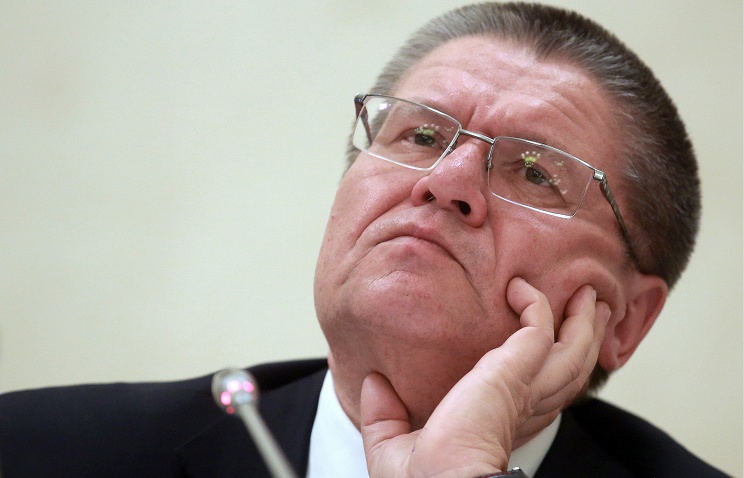
© Sergei Fadeichev/TASS
The Russian banking system has a liquidity surplus, Minister of Economic Development Alexey Ulyukayev said on Wednesday at the meeting with the Finnish business community.
“Our situation with banking liquidity has changed fundamentally this year. We experienced liquidity deficit and banks resorted to support of the Central Bank before February. Such support reached 5-6 trillion rubles ($75.9-91.1 bln) – this was refinancing. No we have no deficit but we are in the situation of liquidity surplus,” Ulyukayev said.
Banks start lowering their interest rates in such situation, the minister added.
Chances are higher that ruble will be stronger
Chances are higher than ruble will become stronger instead of weakening, Ulyukayev went on to say.
“The national currency has become much stronger. The forex market is the ratio of demand and offer but chances are greater for strengthening than for weakening. This is because the payment balance will be positive this year and probably in years to come,” the minister said.
The trade balance will improve owing to the good market situation, including the oil market, UIyukayev said. Dynamics of the current account of payments balance will also be positive, he said. “We expect the current account surplus will be $60 bln, $65 bln, or $70 bln this year and in coming years,” the minister added.
Russia’s Economic Development Minister wants Central Bank to lower key rate now
According to the minister, Russia’s Central Bank could have been quicker with lowering its key rate, the current inflation rate allows it to do so.
“The Central Bank is in no haste to lower the key rate, which is in my opinion, it should, because the inflation rate is decreasing very fast,” he said.
In 2015, inflation in Russia was 12.9%, now it is 7.3%, and the key rate is 11% per annum, Ulyukayev said.
“There is a huge gap between them. As a rule, this is not the case in other countries, so there are opportunities for reduction,” the Minister said.
Ulyukayev said that at the same time when it makes a decision on the key rate the Central Bank is guided not by the current but future inflation. At the end of 2016 it could reach 6.5-7%, the minister added.
Oil market to remain volatile against forecasted price hike
The oil market will remain volatile against the price hike projected by analysts, Alexey Ulyukayev noted.
“Remember the panic mood and expectations at the turn of the last year – early this year, when the oil price plummeted to $27 a barrel. Now it is $44 [per barrel] and oil analysts expect further growth. Volatility will remain but growth will take place,” the minister said.
The situation on the oil market was volatile during the last eighteen months because of the demand and offer imbalance. Oil prices collapsed to $30 a barrel at the turn of 2015 – early in 2016 but rebounded 50% to $40.7 per barrel from January to early April of this year.
Russia’s inflation to be less than 7% at 2016 year-end
Inflation in Russia may be less than 7% at 2016 year-end with further decline to 4.5-5%, Russian Minister of Economic Development continued.
“Inflation is declining dramatically, almost two times. Our outlook is [it will be] less than 7% by the year-end,” the minister said.
The Central Bank of Russia said earlier it plans to achieve inflation of 6-7% this year and 4% as the target in 2017. The Finance Ministry forecasts inflation will be less than 8% in Russia this year.